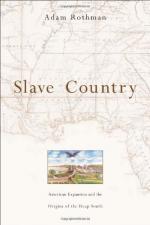|
This section contains 728 words (approx. 3 pages at 300 words per page) |

|
Lancasterian Schools.
Educational trends emanating from Europe appeared in various experiments that flourished and ebbed in the unrestricted atmosphere of the West. In 1798 the British Quaker Joseph Lancaster, lacking funds yet eager to teach literacy to children in London's slums, devised an educational plan through which student monitors would aid a single teacher, enabling him to simultaneously instruct several hundred children. Arranging his school into small classes of equal ability, he placed each monitor in charge of about ten boys, teaching them letters of the alphabet and simple words, which they traced in dry sand. For more difficult lessons the students switched to slates, copying from cards that the monitors read aloud and passed from group to group. The bedlam that could have resulted from several hundred children in one room was avoided by Lancaster's insistence on uniform, drill-like behavior. Students were constantly marching...
|
This section contains 728 words (approx. 3 pages at 300 words per page) |

|




